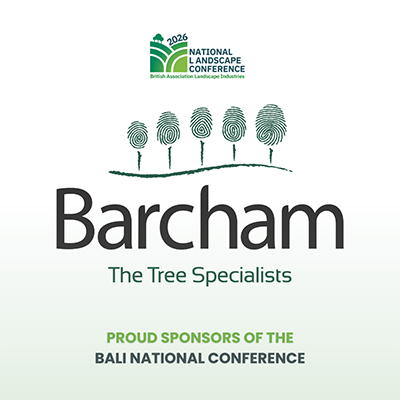latest news

Are turbo-charged hosepipe bans on the cards?
One water company has already applied for a so-called non-essential use ban (NEUB), which would have significant impacts on the landscaping sector, and a dry winter could force others to do the same
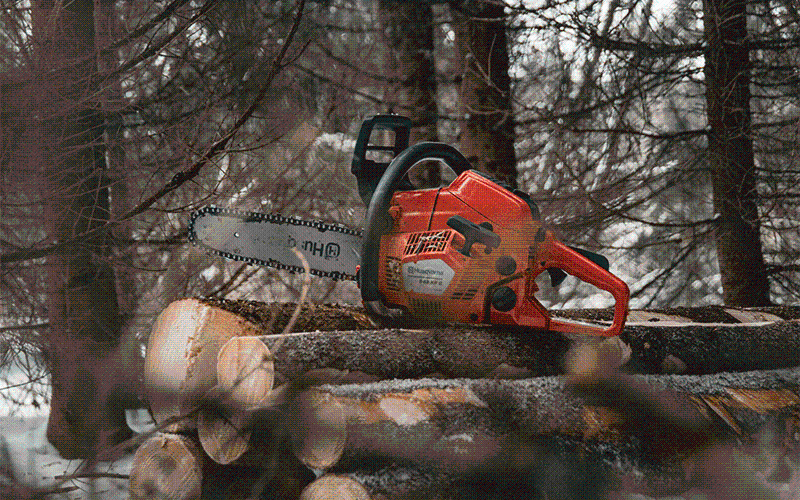
Spruce removal grant returns with better terms
Owners or managers of spruce which host the eight-toothed spruce bark beetle in England or fall within the proactive spruce removal area can now apply for a more generous grant to remove the tree.
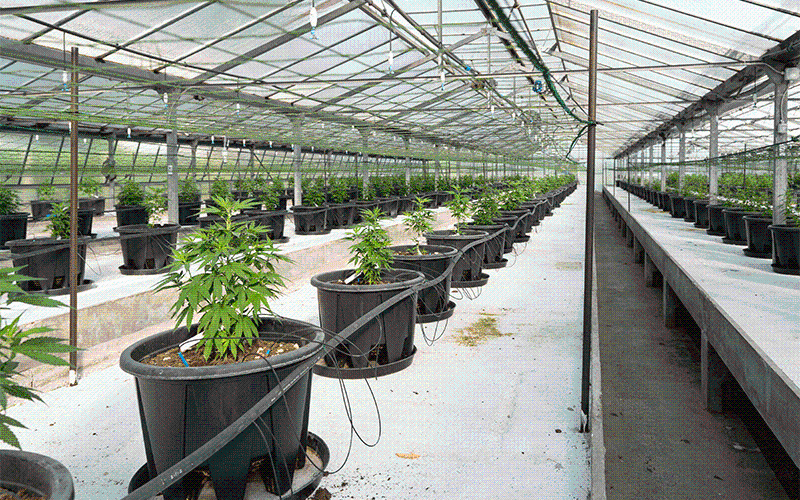
Have your plants been damaged at border checks?
A recent spate of reports by HortWeek suggest persistent issues around border checks on plants, and we are keen to hear about your experiences of receiving damaged goods.

Free resources to support safe and legal winter driving
Every season brings its own challenges for drivers but winter is perhaps the most significant, so take advantage of free resources now to help prepare employees for changing weather conditions.

Scottish Aggregates Tax: registration to open in ‘early 2026’
The Scottish government is replacing the UK Aggregates Levy with its own tax on aggregates from 1 April 2026, though affected businesses may need to act sooner.
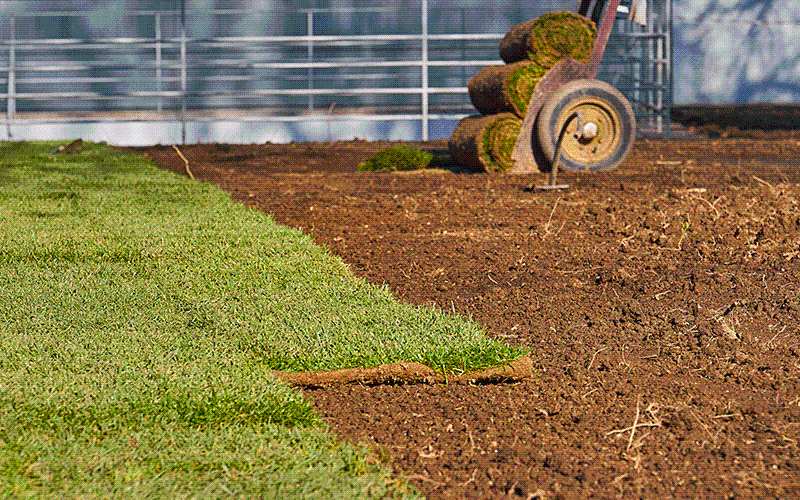
BALI campaigns to cap liability in grounds maintenance and landscaping contracts
In response to member feedback, BALI is launching a campaign to end unfair and potentially ruinous liability terms in grounds maintenance and landscaping contracts.

Horticulture business fined after worker falls from height
Ball Colegrave, a wholesale distributor of seeds and plants, has been fined £80,000 after an employee fell from a ladder and suffered serious injuries.

Drones in landscaping: uses, regulation, and other considerations
Drones have come on leaps and bounds since the helicopter-style models became a popular indoor toy around 15 years ago and, thankfully, they are now much easier to control!
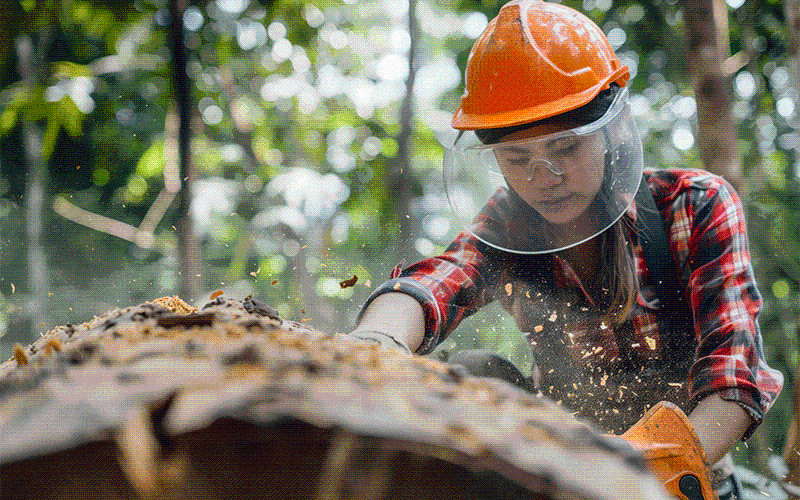
First chainsaw PPE for women launches
Forestry England and Arbortec have teamed up to produce the first range of chainsaw safety clothing designed specifically for women, with the aim of improving both safety and comfort.
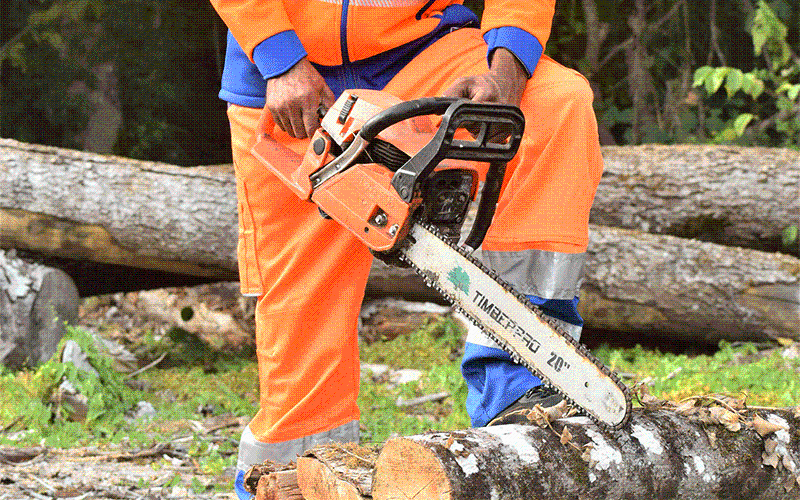
PPE or A&E: new campaign flags rising chainsaw injuries
Lantra is launching a new campaign around chainsaw safety, with the tag line ‘respect the chainsaw’, having sourced new data which shows a concerning uptick in related injuries.

